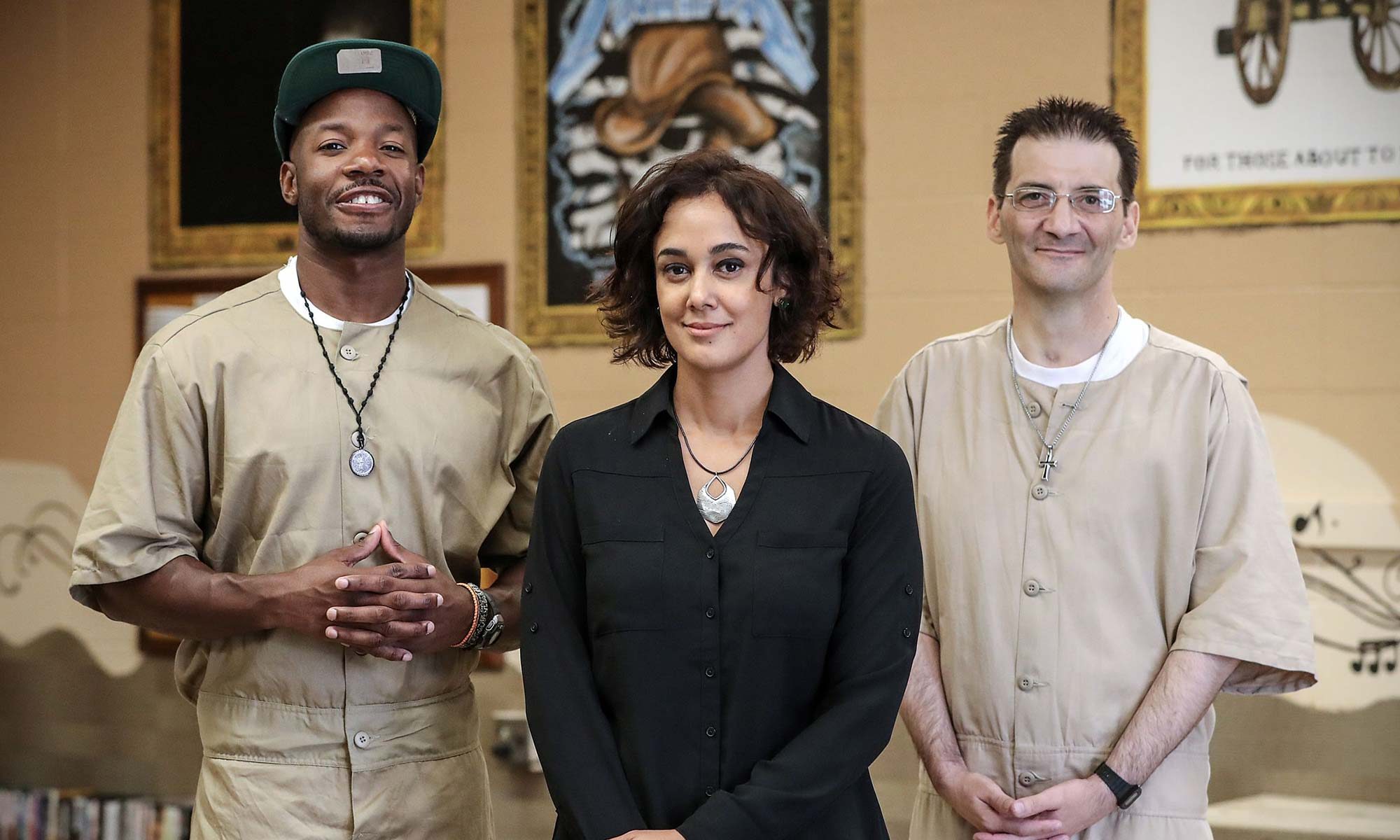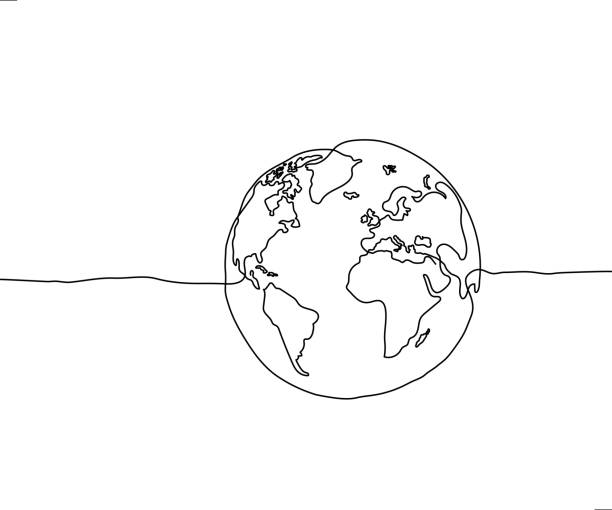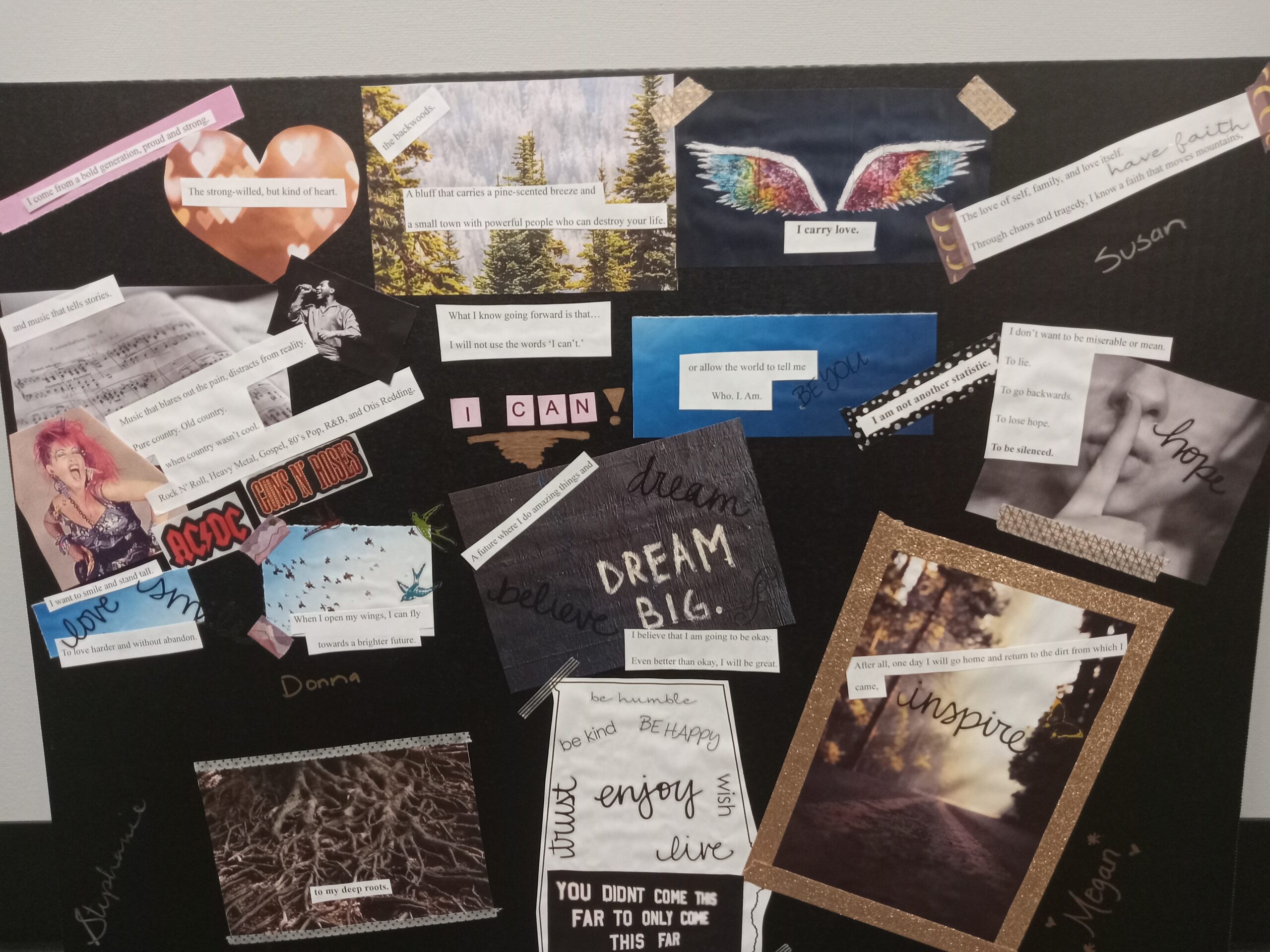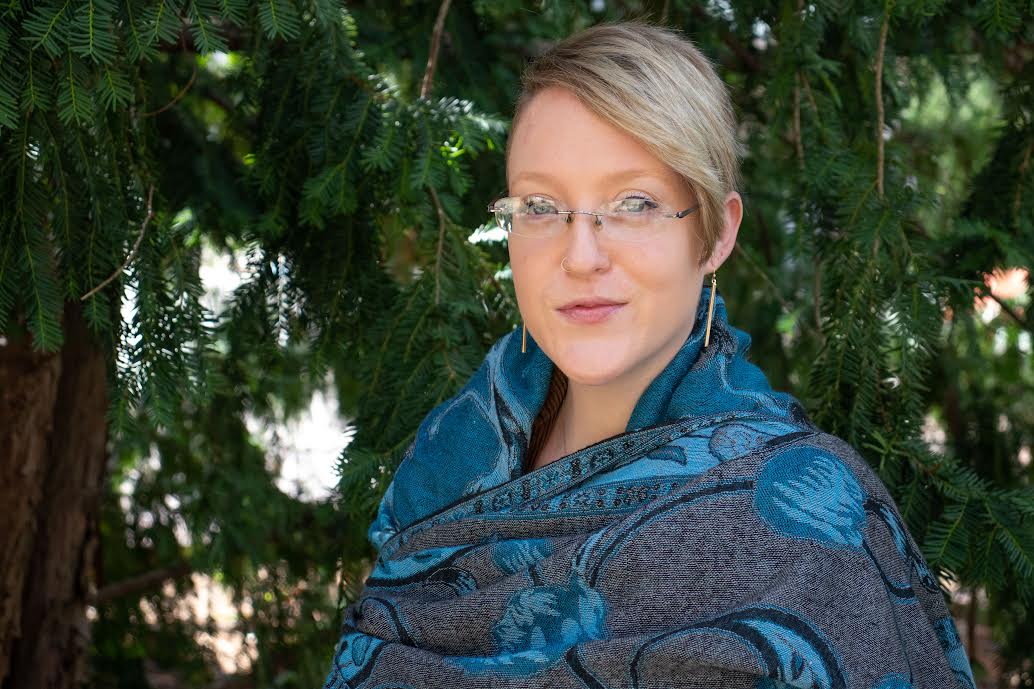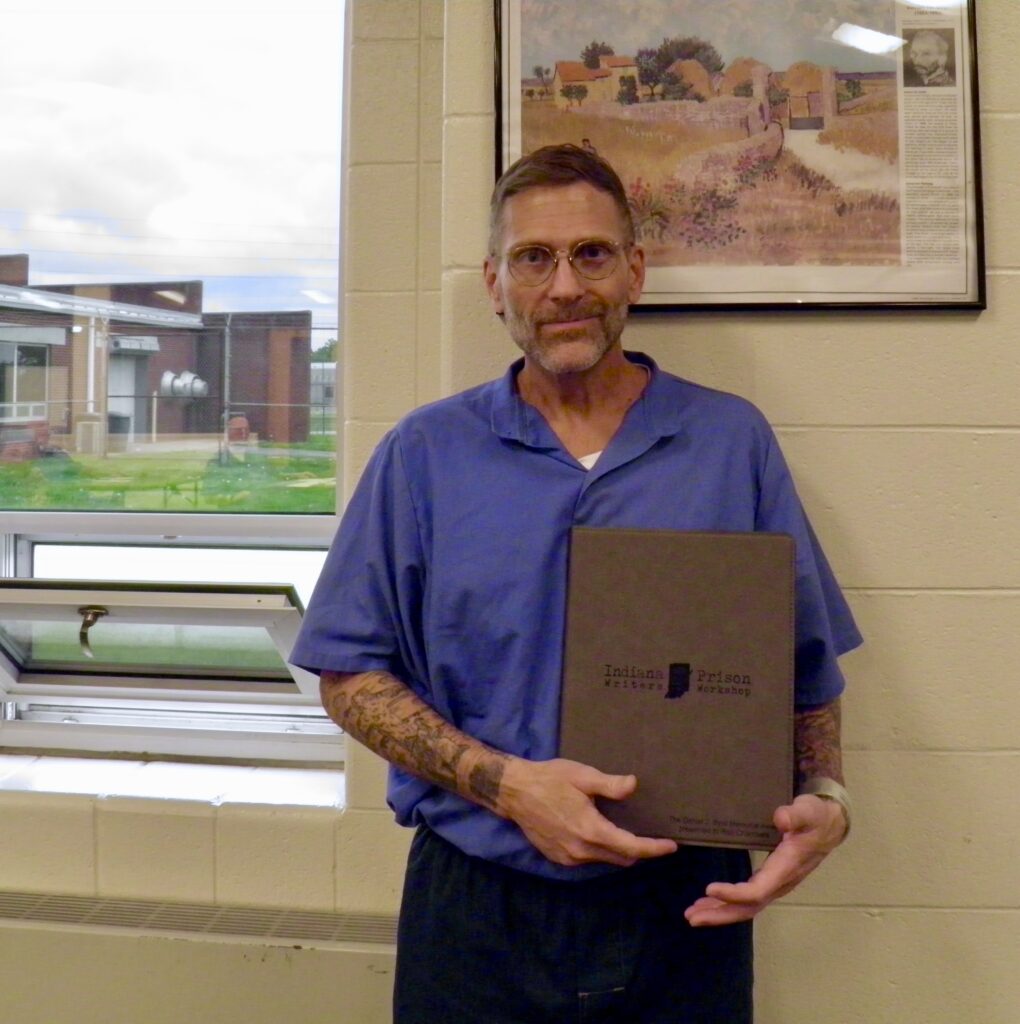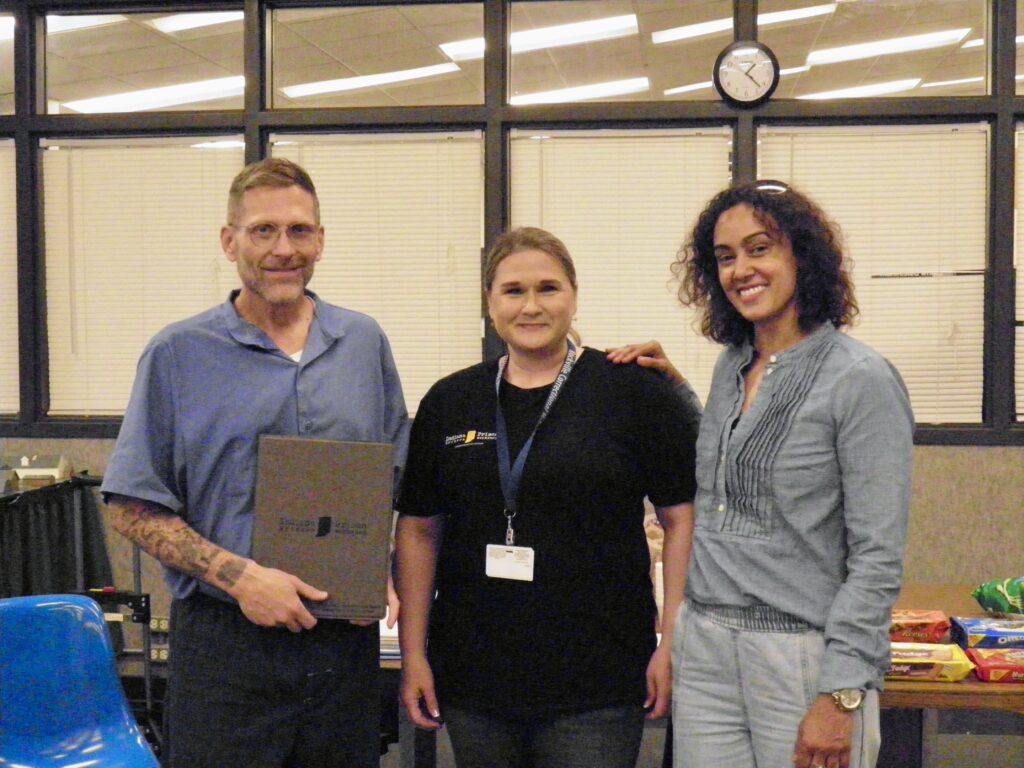On February 18, 2023, I began teaching my very first Indiana Prison Writers Workshop (IPWW) class at the Edinburgh Correctional Facility in Edinburgh, Indiana. Prior to being assigned my own class, I had the incredible opportunity to shadow IPWW Program Facilitators Tiffany Leininger and Mallory Rodenberg at the facilities they volunteer at, Branchville Correctional Facility and Putnamville Correctional Facility. Even though IPWW had supported me by providing multiple opportunities to guest lecture and gain experience under Tiffany and Mallory’s tutelage, I felt strong first-day jitters when I walked into the classroom and met my IPWW students for the first time on that cold day in February.
Upon entering the classroom for the first time, I was greeted by a small group of incarcerated students who were just as nervous and excited to meet me as I was to meet them. After settling into our seats and doing an icebreaker, we began to discuss the reading for the day. Moved by our discussion, I ended our first session with a smile and an increased sense of confidence. I knew our class was going to be enriching, inspiring and thought-provoking.
During the second-class session, I came to class feeling at ease. I greeted my students and began jotting the day’s agenda on the board. As I turned around to make an announcement, I noticed a new student walking down the hall. I had not seen this student in the previous class, and he had a very commanding presence. The other students turned and stared without making a sound. I quickly greeted the new student and asked if he would be joining us. He mumbled, “Yeah.” I pointed to several empty seats in our U-shaped desk formation for him to sit, but he sat down at a desk several feet away from our community circle. After working with students for over ten years in higher education, I was not unused to such behavior, but I was quickly on alert that this might be a challenging student. Determined to create a bond with this new student, I walked over to him, handed him his complimentary IPWW course materials and discussed our previous class with him. I asked him his name, and I marked him present for the day.
That class session continued just as the previous week: students were eager to learn, share and discuss; that is, except for my new student whom I will call “Jason.” *Jason chose to remain outside the community class circle, and he did not offer any thoughts on any of the materials we discussed. I was familiar with this kind of silent student protest, but I was hoping such behaviors would not find their way into our volunteer program—and, here, I use “volunteer” to describe the participants participation in the class, for this is a course the students choose to take purely for their own benefit and enjoyment. When our second class came to an end, my students stood up, smiling and laughing, as they all helped each other put the chairs back; Jason, on the other hand, stood up from his island seat and walked out the door. I watched him saunter, slowly, out the classroom, and I wondered if he would choose to come back to our class the following week.
I arrived to our third-class session, and myself and three other students began transforming the visitation space into a classroom. As we rearranged the seating, I looked up and saw Jason walking, methodically, down the hall. Upon seeing Jason, I loudly said, “Jason! Welcome back! I am so glad you are here!” The other students turned, looked, and continued getting ready for class to begin. A smile began to tug at the corners of Jason’s mouth, and before I knew it, he was beaming. “You remembered my name?,” he asked. “Jason, I remember all of my students’ names, and if I saw you ten years from now, I would still remember your name,” I responded. He continued to smile, and this time he sat in our inner circle along with the other students. In this moment, I realized I had misread this student. His silence was not a protest. His icy exterior was not combative. This was a student who was used to not being seen or heard or even acknowledged or remembered in the classroom. This was a student who was pushing himself outside of his comfort zone in hopes of finding some small fragment of joy.
After that class, Jason returned each week, without fail. He completed every homework assignment, and he took notes every class. But, week after week, he sat silently, unwilling or unable to share. I knew from Jason’s homework that although he might be quiet in class he was always thinking, feeling, processing and growing. With each passing week, the writing in his homework became more and more advanced, insightful and vulnerable as his confidence grew from the lessons we were learning in class and the individual feedback he received on assignments. He began to write about horrific experiences in his life that led him to the very place he was currently in—and I do not just mean spatially, I also mean emotionally. For the first time, Jason allowed himself to express his authentic self on the page. In many ways, Jason “came into being” during the course of that class, and as the instructor, I had the honor of watching him bloom.
About midway through our course, Jason raised his hand for the very first time in class. Every student turned and looked. I did not want to make Jason feel unsettled or regret speaking in class, so I quickly called on Jason as if this was the norm. Jason said that he was preparing for the GED, an alternative exam that is equivalent to the U.S. high school diploma. Jason added that he had taken the English portion of the exam ten separate times, and he was very concerned about how many more times he would have the strength and energy to put towards this portion of the test. Then, he asked if I could help him. The classroom burst forth with tips, tricks, and commiseration about the GED. Jason became a full, integrated member of our class that day.
In response to Jason’s plea for help, I gave students the option to write their homework from that point on as an essay or as a more creative, reflective piece, and I would respond to their work, leaving feedback tailored to whatever structure they were writing in. By doing so, Jason was able to receive feedback on more formal academic writing structures while still following the traditional IPWW writing exercises and prompts. In this sense, Jason’s work became a blend of both creative and academic genres, for the “evidence” in his essays was often drawn from his own life experiences.
Toward the end of our course, Jason shared that he would be taking the GED in a few days. He was nervous but hopeful that his new skills and tools from our IPWW class would help him finally pass the exam. The other students assured him, giving him hope. At the end of class, I told him that he had everything within him that he needed to pass. I saw his development as a critical reader, writer and thinker in his homework, and I knew he was ready to take the exam. As he walked out of class that day, I sent every well wish that I could his way in hopes that he would pass the test.
The following class session, I walked into the room but did not see Jason. I was nervous. Did he pass? How was he feeling? I began to prepare for class to start, and then I looked up and saw Jason waiting to speak to me. He had a paper in his hand, and he said, “I have something for you to see.” The paper was shaking as he held it up to me. I quickly scanned the document and found “English” and a perfect 10/10 score next to said category. I looked up at him, and I said, “YOU DID IT! I knew you would! CONGRATULATIONS!” He said, “I could not have done it without IPWW and your class.” He sat in his seat and smiled for the rest of our class session.
As I reflect, I realize just how transformational our IPWW class was for all that were involved, including myself. IPWW transformed my life. Helping students find confidence in the classroom is a gift. Knowing, in some small way, I aided Jason in discovering the power of his pen is a treasure.
Each week, IPWW gave my students an opportunity to be seen, heard, and fully present in their own lives and with one another. Building a community, engaging in thoughtful discussions about our readings, and growing as critical writers through each assignment were just a few of the many beautiful moments that emerged from our IPWW class, and even finding the bravery and tenacity to pass the GED exam are just a few of the beautiful moments that came out of our IPWW class, and each one of these moments has had an impact far beyond the space of the classroom.
*All names and identities have been changed to protect the privacy of all IPWW students

